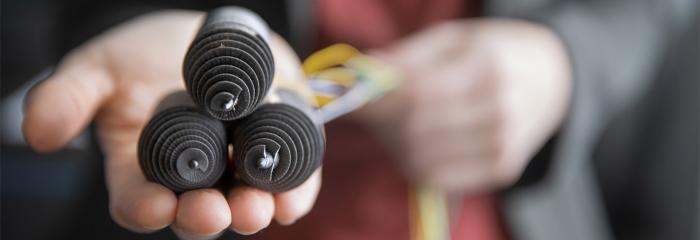
Research
Imagine What's Possible. Accelerate Discovery. Make Impactful and Lasting Change.
Strategic Research Areas
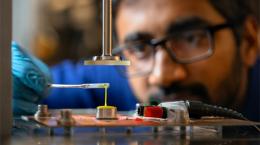
Advanced Manufacturing and Materials
Modeling, simulation, experimental characterization and synthesis to advance the state-of-the-art in materials design and discovery for engineering applications. Research ranges across length scales from nano to macroscopic and material classes that include metals, semiconductors, and polymers as well as biomaterials and biological tissues. Strong ties to Cornell High Energy Synchrotron Source (CHESS), the Cornell Center for Materials Research (CCMR) and Cornell NanoScale Science & Technology Facility (CNF).
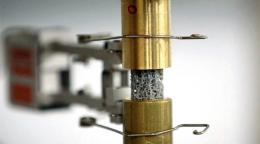
Biomechanics
Mechanics of bone, joint, tissue, tendons, cardiovascular, and microbiome. A strong collaborative relationship with Hospital of Special Surgery (HSS).

Bioengineering and Healthcare
Technology research translated to biomedical applications, such as early cancer detection, immunology treatments, and global and mobile health.

Energy and Sustainability
Modeling and simulation of fuels (combustion), turbulence, and air pollution and emissions; wind energy, thermal energy, geoengineering, and energy/sustainable systems engineering. Strong ties to Cornell’s Energy Systems Institute and Atkinson Center for a Sustainable Future.
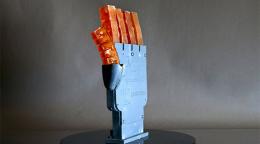
Robotics and Autonomy
Variety of research in autonomy (e.g. perception, planning), form (e.g. soft robotics, walking robots), and interaction (e.g. with humans). Interdisciplinary collaborations across departments and Colleges at Cornell.
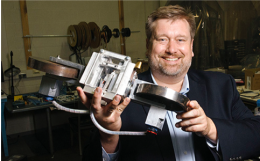
Space Science and Engineering
Technology to enable space missions, from Earth-observing, to deep space, to exoplanet exploration; directions include novel spacecraft designs, mission design and operations, autonomy, and propulsion.
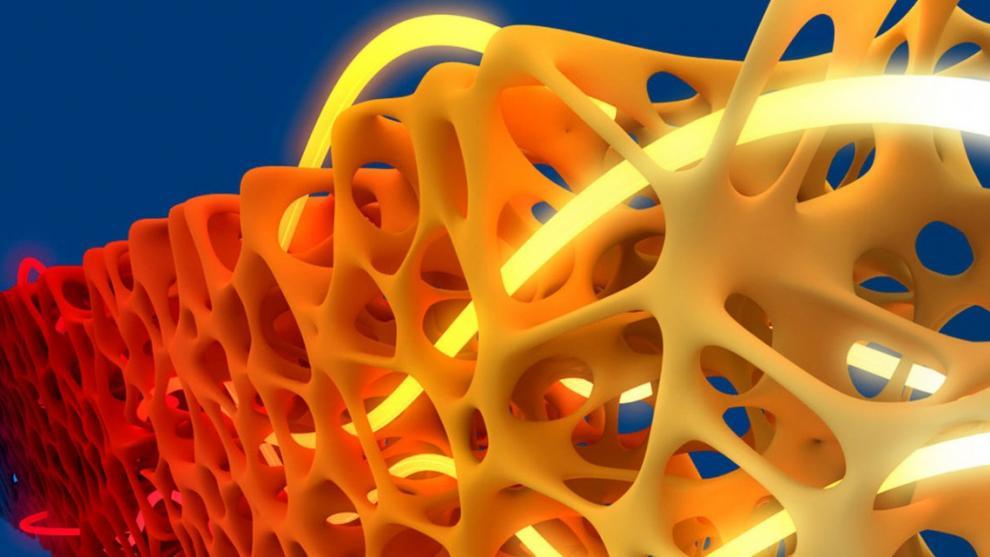
Technique could enable better custom ceramic fabrication
A new manufacturing technique has introduced a new level of precision to porous ceramic materials, opening a new realm of possibilities. Assistant Professor Sadaf Sobhani uses computational modeling, porous structure design and 3D printing to precisely customize the porous network.
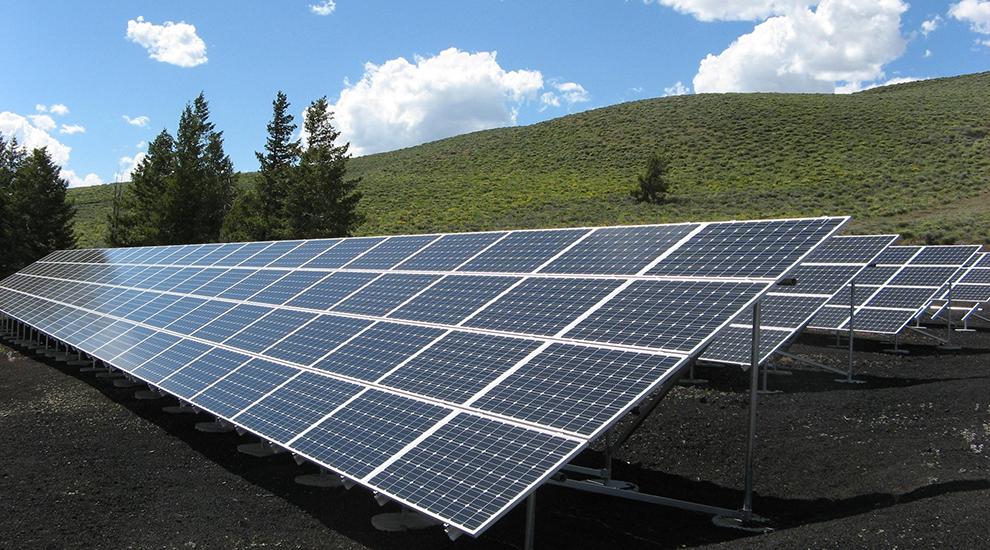
Zhang helps NYS to go solar, avoid land-use conflicts
Professor Max Zhang has been awarded a 2 ½-year, approximately $200,000 grant from the New York State Energy Research and Development Authority (NYSERDA) for work aimed at determining efficient solar farm array configurations to avoid land-use conflicts or spoiling precious agricultural space.

Earthworm-shaped robots could help breed new drought-resistant crops
Researchers in the Sibley School and horticulture developed earthworm-shaped robots that can burrow into the soil with minimal disturbance to better understand roots which could help breed new drought-resistant crops.
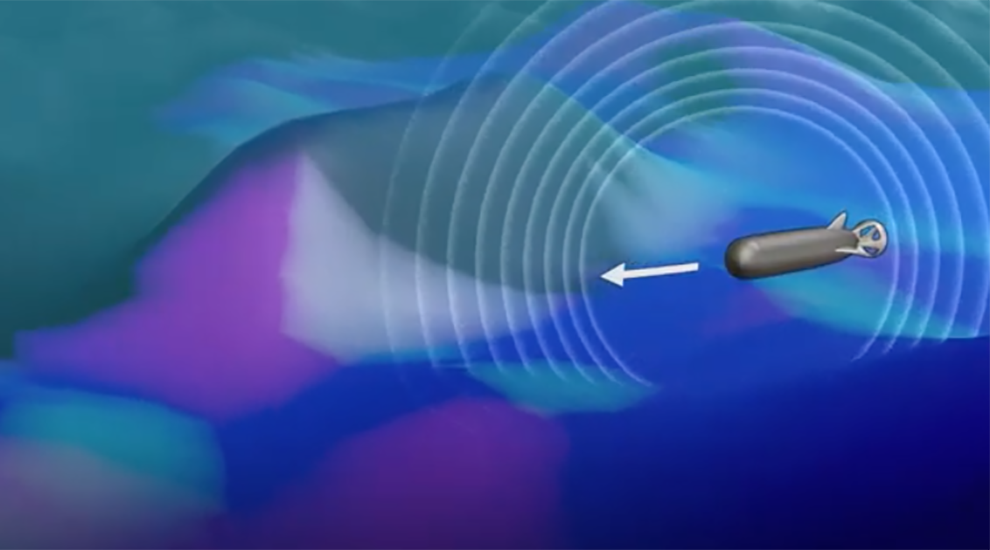
Intelligent Control for Autonomous Robots
Silvia Ferrari, John Brancaccio Professor of Mechanical and Aerospace Engineering, is equipping autonomous robots with intelligence to go where man or woman may not be able to go—dangerous environments, complex situations underwater or in the air. These robots can be quick with decision making and physical speed. And they can collaborate with each other.

A Mobile-Based Method for Detecting Deadly Diseases
A real-time, rapid, and accurate mobile device-based method was developed by researchers to identify pathogens with only a drop of blood which would decrease reliance on current practices.
Our Research Themes Cut Across Multiple Strategic Directions
- Micro and Nano-scale Science, including micro/nanodevice fabrication via Cornell Nanoscale Science and Technology Facility (CNF) and crystalline scale modeling and measurements via x-rays at CHESS.
- Systems Engineering, including developing and validating tools for products and systems, such as systems architecture and optimization of large scale systems, human-centered design, and sustainable design.
- Applied Mathematics, including strong ties to the Center of Applied Mathematics.
Collaborate
- With some of the most expert faculty in mechanical and aerospace engineering and theoretical and applied mechanics
- Across disciplines in Cornell’s uniquely interdisciplinary infrastructure
- With researchers from across nations who work in academia, industry, and government
- With some of the world’s most elite students
Experience
- Pioneering advancements in aerodynamics, fluid dynamics, aerospace systems, and control
- Groundbreaking developments in biomedical mechanics, engineering materials, fluid dynamics, and nanotechnology
- Nationally recognized research initiatives such as the Cornell University Satellite Project
- Top-notch research facilities including the Nanobiotechnology Center and the Cornell Center for Materials Research
- Finding real-world solutions to today’s most urgent problems
Distinguish Yourself
- With a multidisciplinary approach to mechanical and aerospace engineering
- As an innovative thinker and academic leader
- With the Cornell name, network, and reputation


